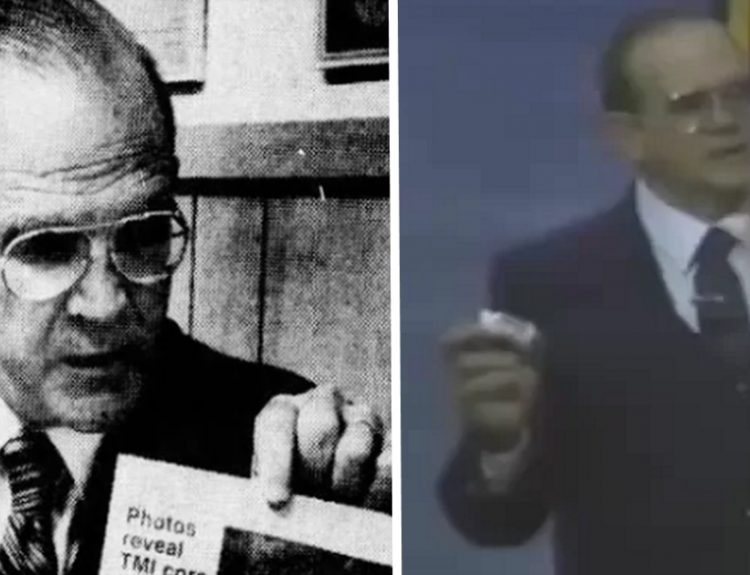He once wore the number like a badge of honor: over a thousand women and counting. Then one day, he took to Twitter to say it all meant nothing—and opened up a warning that many needed to hear.
Known online as @beno_ldn, he tweeted:
“After 1,000 women I felt nothing. Anxiety. Dissociation. Not freedom.”
The post went viral—with tens of thousands of likes and retweets—as users reacted to his blunt reckoning.
Behind the bravado was a life built on nightlife glory, clutching at numbers for validation. “I chased highs like an athlete chasing gold,” he later told UNILAD. That pursuit ended up with burnout, emptiness, and a hard reset.

Responses poured in. One user wrote on Twitter: “This isn’t empowerment—it’s self-harm in public.” Another replied: “He slept with thousands. I slept with none and therapy was cheaper.” Comments under the viral thread revealed a complex emotional response, mixing empathy, criticism, and raw relatability.
Meanwhile, Reddit users in forums like r/sexregret and r/selfharm shared similar stories—emotional fatigue from casual binging, regret, isolation disguised as confidence. One Redditor wrote: “It’s self‑harm disguised as exhibitionism.” Another added: “I thought I controlled it; it controlled me.”
Health professionals say this pattern is all too common. Psychiatrist Jamie Lim explains: “Obsessive sexual behavior often masks deep emotional wounds. The more ‘partners’, the deeper the void.” Studies cited in **Psychology Today** and **Big Think** found high rates of regret, anxiety, and even trauma among individuals pursuing casual sex for validation.
Benny’s journey intensified after attending dozens of mass-service events popularized by creators like Lily Phillips and Bonnie Blue. Phillips reportedly slept with over 100 men in a single day and later cried publicly, admitting dissociation and deep regret. Coverage in **NY Post** and **The Sun** highlighted the psychological fallout and health warnings issued by professionals.
In a later tweet, Benny issued a heartfelt appeal:
“Please don’t chase applause with your body. Seek healing, therapy, real intimacy.”
Mental health advocate @TWOMENTALHEALTH shared:
“Sex addiction for clout is still addiction. You deserve therapy, not trophies.”
He now partners with charities and therapists to share his story on podcasts, webinars, and mental health panels, urging young people to examine the dark side behind online validation.
Social media platforms are waking up to the implications. Some activists are demanding mandatory mental health disclaimers on event pages, consent reinforcement for extreme sexual performances, and better moderation of messages glorifying mass‑partner events. Suggested reforms include age verification, trauma-informed consent policies, and links to therapy resources before influencers post record attempts.

Commentary pieces are proliferating. **Glamour** published a thoughtful essay exploring the connection between public sexuality and regret, while **Teen Vogue** addressed the cultural pressure that glorifies exploitative narratives under the guise of empowerment.
University studies now explore the physiological impacts—such as hormonal imbalance, erection difficulty, and heightened anxiety—associated with compulsive sexual promiscuity. A 2025 report from NTNU revealed that many individuals report chronic exhaustion, emotional detachment, and depressive symptoms long after the encounters. Big Think summary includes findings based on surveys of past hookup participants.
As debates swirl, Benny’s personal pivot continues to resonate: moving from conquest to connection, from applause to authenticity. “What I once saw as freedom became my cage,” he wrote in a tweet. He hopes others recognize the cost before they face regret.
The story echoes a broader question: when tagging, quantifying, and publicizing your intimate life become measures of worth, whose voice gets lost? His confession energized discourse on consent culture, mental health, and the hollow side of exhibitionism on TikTok, X, Reddit, and YouTube commentary channels.








